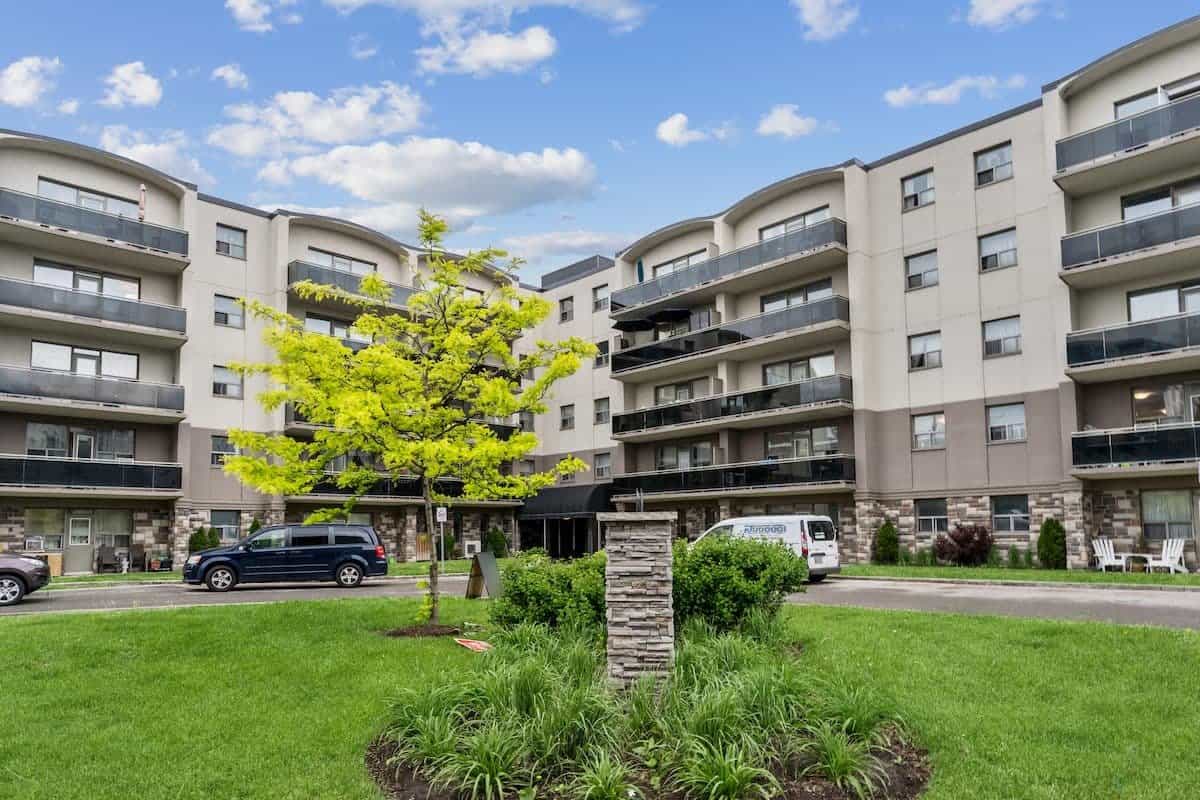Rents continue to fall, with major declines in major markets and modest drop in Oshawa
Published December 10, 2024 at 2:56 pm

Asking rents for all residential property types in Canada hit a 15-month low in November, with the average falling to $2,139.
The decline was especially acute in major markets like Vancouver (down 11.6 per cent year-over-year for one-bedroom units and 11 per cent for two-bedrooms) and Toronto (down 8.5 per cent and 10.4 per cent, respectively), while the price drop was more modest in Oshawa, with prices falling 2.2 per cent (one-bedroom) and 2.5 per cent (two-bedroom).
The average price for a one-bedroom rental unit in Oshawa last month was $1,835, while the average price of a two-bedroom apartment was $2,164.
Oshawa was ranked 17th among 35 cities studied, according to the latest National Rent Report from Rentals.ca and Urbanation. The city is right in the middle nationally but at the low end in rental prices among GTA communities.
Vancouver ($2,534) and its suburb Burnaby ($2,378) were one-two for the highest rents in the country for one-bedroom units, while Toronto supplanted Burnaby at #2 for two-bedrooms at an average price of $3,091. Vancouver was still in the number one position (by a wide margin) at $3,413 per month.
Rents fell 1.6 across the country compared to November of last year, with average asking rents decreasing 0.6 per cent month-over-month, continuing the trend seen in October, when rents fell 1.9 per cent month-over-month. Much of the year-over-year decrease is due to rents dropping in the latter half of 2024, with current average asking rents down 2.8 per cent since July.
Despite the recent decline, rents remain up compared to historical levels: 6.7 per cent from two years ago and 18.8 per cent from three years ago. Over the past five years, rents have grown at an average annual rate of 3.4 per cent, in line with long-term trends.
“Overall the recent decline in rents has been very mild and is allowing affordability to improve following a rapid escalation in rents over the past few years,” said Urbanation President Shaun Hildebrand. “Declines so far are mainly focused within the secondary market for condos and houses, mostly in B.C. and Ontario, while purpose-built rents are stable.”
Average asking rents for purpose-built and condominium apartments in Canada decreased marginally by 0.2 per cent annually to $2,120 in November. One-bedroom rents declined 1.2 per cent year-over-year to $1,921, while two-bedroom rents fell by one per cent to $2,302. In contrast, rents for studios and three-bedroom apartments continued to rise, increasing five per cent and 5.1 per cent, respectively.
In Ontario, the rental market experienced the sharpest declines, with apartment rents dropping 6.4 per cent annually to $2,351, led by a 7.6 per cent decrease in two-bedroom rents. British Columbia saw more moderate declines, with apartment rents falling 2.3 per cent year-over-year to $2,524. Meanwhile, rents in Quebec edged down by 0.4 per cent to $1,969.
Some regional markets saw increases in rent prices (the prairie provinces and much of the Maritimes), while Canada’s largest rental markets saw significant rent decreases in November. Toronto (28-month low) and Vancouver (30-month low) were down substantially, while Calgary, Ottawa and Montreal also recorded price drops of 5.8 per cent, three per cent and 2.3 per cent, respectively.
Brampton, however, bucked the trend of its GTA neighbours with its average rents rising nine per cent from October for one-bedroom units ($2,261) and up eight per cent year-over-year for one bedrooms to $2,585.
INdurham's Editorial Standards and Policies




